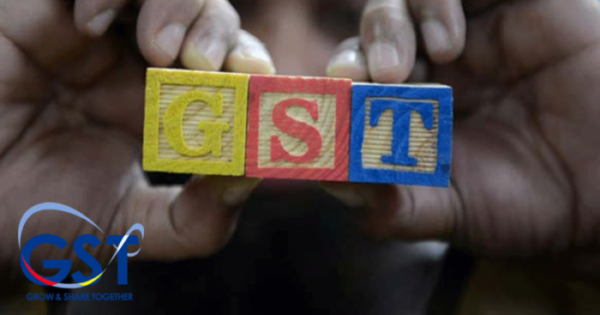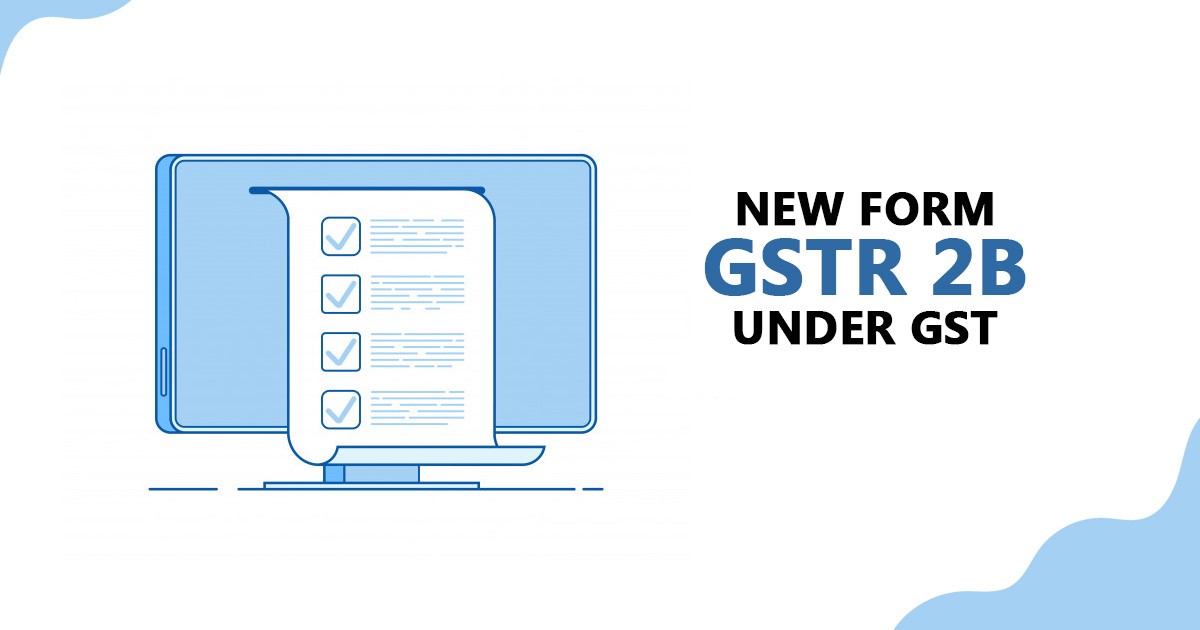There is a possibility of curbing the hazard of fake registrations and invoices; however, there exists an equal possibility of such powers creating unintentional hurdles for the industry.
Recently, the government, acting upon the recommendations of the GST Council, issued Notification No. 94/2020 – Central Tax, which notifies the Central Goods and Services Tax (Fourteenth Amendment) Rules, 2020. The GST registration-related processes have been revised through this notification while giving extensive powers for cancellation/suspension of existing registrations to the GST authorities.
This, along with recent news that the GST department has cancelled almost 1.63 lakh non-compliant and suspicious GST registrations in the past 2 months, gives the impression that the Council has come out all guns blazing to fight the menace of fake GST registrations and the ensuing tax evasion through fraudulent GST invoices issued by such firms.
Let us have a look at the summary of all important amendments that have been introduced vide the aforesaid notification:
- A new sub-rule (4A) has been inserted in Rule 8 of CGST Rules 2017, which deals with GST registrations. This new sub-rule enables the GST authorities to collect Aadhaar biometric data from applicants or their authorized persons. Further, the authorities would also have the power to call for the original version of the supporting documents uploaded on the GST portal at the time of application.
- The GST jurisdictional officer (the officer) has been given powers to proceed with the cancellation of GSTIN where a taxpayer avails Input Tax Credit (ITC) exceeding that which is permissible as per Section 16 of CGST Act [by inserting clause (e) in Rule 21 of CGST Rules 2017].
- Further, the officer has been empowered to proceed with the cancellation of registration where the liability declared in GSTR 3B is less than that declared in GSTR 1 in a particular month.
- Now, no opportunity of being heard shall be given to a taxpayer for suspension of GSTIN, where the proper officer (PO) has reasons to believe that the registration of person is liable to be cancelled for contraventions mentioned in Rule 21. The phrase “opportunity of being heard” has been omitted from clause (2) of Rule 21A.
- Where there are significant deviations/anomalies in details of an outward supply in GSTR 3B vis-a-vis GSTR1 or inward supplies (ITC) in GSTR 3B vis-a-vis GSTR 2B, which indicate contravention of the Act, the Department can now serve a notice in FORM GST REG 31 seeking an explanation as to why the GSTIN should not be cancelled. The concerned taxpayer shall be required to submit his reply within 30 days of such notice being served to him.
- Where a GSTIN is suspended, no refund u/s 54 of CGST Act 2017 can be availed by the taxpayer. This means that first, the GSTIN suspension proceedings must be closed before applying for a refund.
Do ends justify the means?
As already discussed above, these new amendments appear to grant extensive powers to GST authorities to collect data and cancel GST registrations if they believe the taxpayers to be in contravention of certain provisions of the GST legislation. However, a question beckons – are such extensive powers necessary to deal with the existing menace? Has the GST Council missed a trick by granting disproportionate powers to tackle tax evasion? Let us analyze the same.
Recently, the Aadhaar authentication feature was introduced for expediting the process of GST registrations. As per this new feature, the Indian Directors or authorized signatories were required to use their Aadhaar data to authenticate their GST registration application. If an application got authenticated using this Aadhaar data, then the GST authorities were required to approve the said application within 3 days of receipt of all the valid information. In case the applicant failed to authenticate the application using Aadhaar, then GST authorities would be required to conduct a field visit to the place of business mentioned in the application and then grant the said registration based on the observations made during such visit.
Over and above this, owing to the recent amendments, the GST authorities will now have the right to collect Aadhaar biometric data as well as have the right to call for original copies of the supporting documents. However, a question arises as to how the authorities will collect such information? Does the existing infrastructure support such an endeavor? What would be the additional burden that would be cast upon the applicant? Does it meet the ‘ease of doing business’ objective?
Another important question that must be asked here is why the government is reverting to authentication procedures that were prevalent during the VAT regime. What additional benefit is likely to accrue by calling for original copies of the documents submitted when the same can be achieved through the effective deployment of technology (DSC authenticated documents to ensure their genuineness)? Such amendments appear to be highly ironic, given the government’s eagerness to move towards a regime of ‘faceless assessments.’
Further, attention needs to be drawn to the amendment in Rule 21A(2). Rule 21 deals with the suspension of GST registration under special circumstances like a business not commencing within 6 months of obtaining GST registration or if a person issues an invoice without an underlying supply of goods or service (fake invoices). Rule 21A grants the power to suspend the GST registration of a person in case any of the reasons mentioned in Rule 21 emerge in his case. The new amendment intends to remove the requirement of granting an opportunity of being heard before suspending GST registration.
Keeping in mind the overall objective of curbing tax evasion through fly-by-night firms, one would wonder if such unfettered powers to the jurisdictional GST officer are commensurate with the objective sought to be achieved. There ought to be some differentiation made between taxpayers who intentionally misuse the system and those who face genuine business hardships (honest taxpayers), leading to certain non-compliances.
On one hand, the government has provided for prior consultation before issuance of show-cause notices in case of duty demands but on the other, seems to have given a high-hand to GST authorities to suo-moto cancel/suspend a GST registration without adhering to the principles of natural justice.
Similarly, cancellation of GSTIN owing to – (1) a difference in tax liability as reported in GSTR 1 and GSTR 3B; (2) availing of ITC in contravention of Section 16 of CGST Act 2017; or (3) any significant deviation between ITC availed in GSTR 3B as compared to that available in GSTR 2B, could witness arbitrary invocation of powers.
Thus, it becomes imperative that the board comes out with certain clarifications and guidelines concerning the application of the aforesaid amendments to avoid a flurry of litigations as these would defeat one of the main purposes of ushering in GST viz. transparency in tax-related matters and ease of doing business.
With great power comes great responsibility!
The GST Council is indeed faced with the mammoth task of weeding out GST frauds and tax evasion, which have been rampant in the past couple of years. However, the nature of amendments as discussed above does seem to suggest an overkill on the government’s behalf to deal with this problem. The government seems to be justified in implementing technology and data analytics to deal with this issue, but as has been the matter with past initiatives, it is the technology that has proven to be the Achilles heel in implementing any big initiative. However, does this justify the grant of some arbitrary powers to the jurisdictional officers?
On one hand, there is a possibility of curbing the hazard of fake registrations and invoices; however, there exists an equal possibility of such powers creating unintentional hurdles for the industry. Only time will tell if these powers have been exercised with great responsibility!
Source: financialexpress.com
Also Read: Changes in GST law applicable from January 1, 2021 we should know
Read quality articles on GST authored by national level experts on the one and only exclusive GST portal CLICK HERE
***
Subscribe our portal and get FREE GST e-books , articles and updates on your e-mail.
Resolve your GST queries from national level experts on GST free of cost.
TW Editorial Team comprises of team of experienced Chartered Accountants and Advocates devoted to spread the knowledge of GST amongst the various stakeholders.




